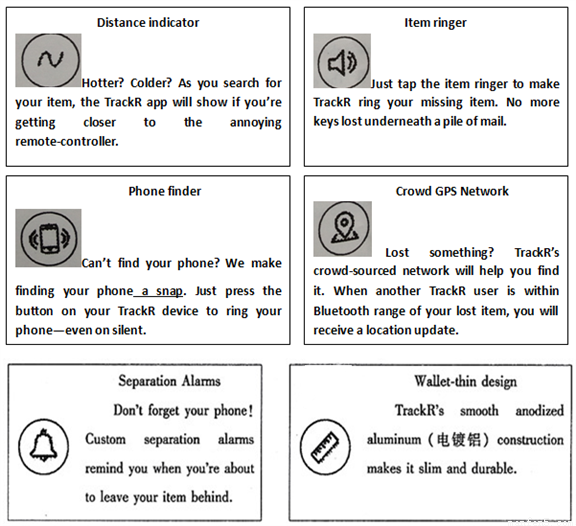题目内容
True leadership is not just the ability to identify the talent and skill of the polished individuals around you. It involves being able to dig beneath the surface and discover______.
Once there was a boy who constantly sat and talked in his math class,and seemed______in group activities. Most teachers would______think of him as a problem student.
However,Anna was different. She believed the student was above______in other areas so she created a strategy to find out.
Anna didn’t’t______the parents. Instead she organized a handful of activities in the class to get more information. In place of calling out for volunteers in class she created a______for each Friday:Girls vs. Boys.
The first week the class was totally______.Everyone wanted to win. Even the boy had his hand up the whole time trying to get a turn. ______,Anna waited,and waited,and waited. Finally the______teacher paired the boy with the most______girl student in class.
Now the two teams had a______score,all the students sat back eager to see the result. As the teacher placed the question on the board,most of the students began to______their heads:this was a question they had never______in class.
“______!” the teacher yelled. Both students started doing it______ thinking of how to solve the complex question. Their classmates,full of ______,exclaimed,“Hurry,hurry,hurry!” The boy finished it just seconds before the girl and spun around with his______raised,“I won!” Almost nobody could believe the student they admired failed until Anna______the result.
This was what Anna tried to get. It turned out that the student wasn’t bad,he was______.So we can see that______hidden abilities is not always easy but the end results can be magical. Try your hand at this quality of leadership now and report your results.
1.A. truth B. treasure C. motivation D. potential
2.A. active B. disconnected C. discouraged D. cautious
3.A. immediately B. appropriately C. abnormally D. scarcely
4.A. limit B. prejudice C. average D. value
5.A. contact B. comfort C. warn D. blame
6.A. dilemma B. debate C. game D. competition
7.A. creative B. enthusiastic C. noisy D. curious
8.A. Yet B. Still C. Somehow D. Therefore
9.A. arbitrary B. puzzled C. ridiculous D. wise
10.A. elegant B. careless C. hardworking D. considerate
11.A. rare B. close C. poor D. different
12.A. turn B. lift C. shake D. nod
13.A. covered B. feared C. overlooked D. raised
14.A. Try B. Hurry C. Look D. Go
15.A. skillfully B. slowly C. casually D. abruptly
16.A. chaos B. anxiety C. courage D. excitement
17.A. arms B. hopes C. confidence D. eyes
18.A. obtained B. analyzed C. confirmed D. adjusted
19.A. upset B. spoiled C. tired D. bored
20.A. foreseeing B. recognizing C. appreciating D. assessing


 e and obesity
e and obesity
 ange their attitudes toward others
ange their attitudes toward others